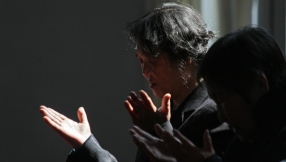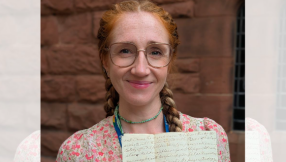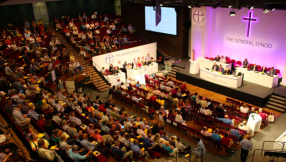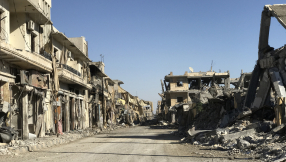Sri Lanka to Vote on Anti-Conversion Law
The proposed law contains rules to prevent people from changing their religion, and was formed by Sri Lanka's Minister of Buddhist Affairs, Ratnasiri Wickremanayake, with the support of the JHU - party of nationalist Buddhist monks.
If this law passes, it will forbid anyone to "unethically convert or attempt to unethically convert any other person espousing one religion ... to another religion, religious belief, religious persuasion or faith which such a person does not hold or belong to".
Penalties for breaking the law have been set up to a fine of around 100,000 rupees (£500) or a five year prison term.
Even though there will be a free vote on the Bill, as observers expressed; however, most of the MPs are expected to approve it, since there is very little chance for a secret ballot.
After a recent ruling by the Sri Lankan Supreme Court that stated some parts of the proposal were unconstitutional, a new hope for its postponement have appeared.
Many faith and justice groups all around the world have expressed their concerns. Christian Solidarity Worldwide have said: "The Bill violates Sri Lanka's commitments under the International Covenant on Civil and Political Rights that guarantees freedom of thought, conscience and religion as well as freedom to change religion or belief."
The National Christian Council of Sri Lanka reported that "legislation will inevitably impose restrictions on the social service and social action through which our churches have served our people for generations."
The Bishop of Colombo, Duleep de Chickera co-worked with the Supreme Court and helped it to reach its decision by providing arguments that religion was difficult to define under the conditions of the proposed law. He is under pressure to make a public statement to oppose the Bill. He has been one of the main opponents and critics of the Bill for a long time: "No civilised society should prevent people choosing to change their religion if they want to."
However, any heated statements have been open to attack by Buddhist nationalists , saying that he is trying to arouse religious unrest, resulting in worsening relations between Christians and Sri Lanka government.













